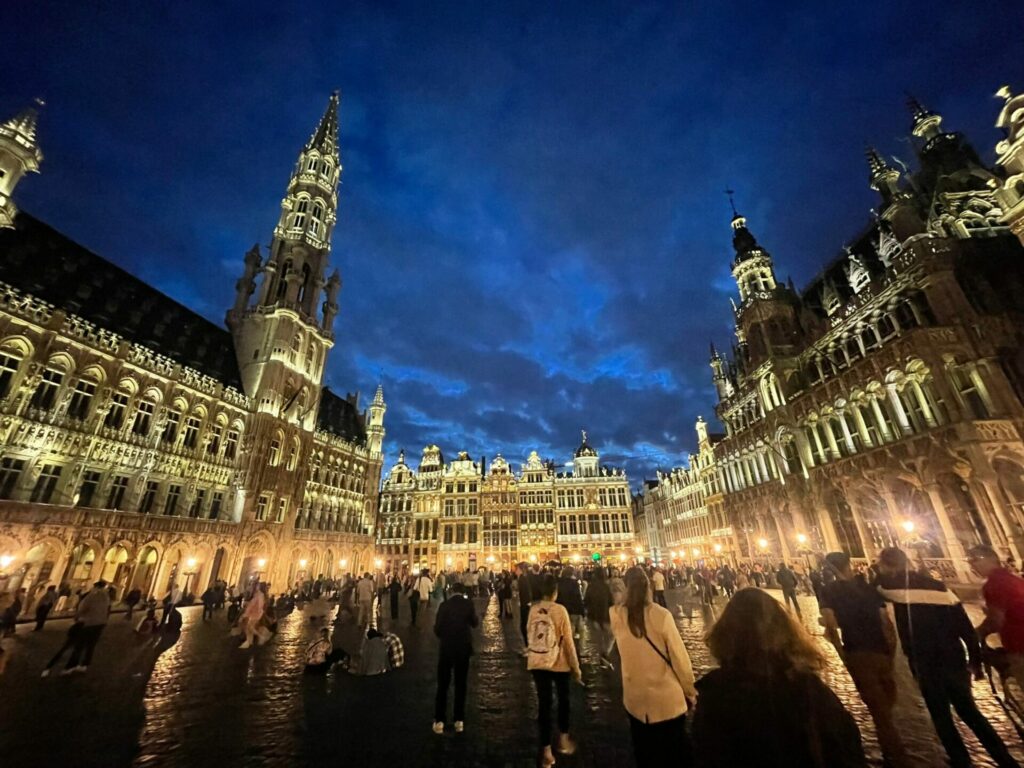The energy-saving measures taken in the Brussels-Capital Region during the energy crisis that followed the Ukraine war did not miss their mark, with gas consumption now shown to have dropped by over 19% in new figures released by Energy Minister Alain Maron.
Over the past year, the Brussels authorities took energy-saving measures such as dimming street lights at night, accelerating the roll-out of solar panels, lowering temperatures in public swimming pools and putting the thermostat several degrees lower in government buildings.
"Gas consumption in Brussels fell by 19.3% between August 2022 and March 2023," said Maron in the Energy Committee. "That is a reduction that amply exceeds the European targets (a reduction of 15%). I would therefore like to express my appreciation for the efforts of all public and private players: together we have made a difference."
The general effort in Europe has made it possible to be independent of Russian gas in the period 2022-2023 and to reduce the pressure on energy prices, Maron stated.
Making measures permanent
In a circular sent in September, Minister of Local Authorities Bernard Clerfayt gave tips for saving energy to the Brussels municipalities, such as heating buildings to a maximum of 19°C and 16°C at night, lowering the lighting of public buildings and only activating air conditioning when above 27°C.
In most municipalities, these measures were implemented quickly and in many instances additional steps were even taken, such as organising group purchases of energy for residents. However, the decline is not just the result of government efforts: many citizens also turn down the thermostat at home.
These figures show that all those efforts have clearly paid off, but Maron stressed that this does not mean that the reins can now simply be relaxed. The minister instead insisted that "in light of these good results, the government has decided to continue the savings actions in its new Air-Climate-Energy Plan."
Related News
- Belgians' energy consumption falls to lowest level in 20 years
- Energy-saving measures for federal buildings made permanent
- Warning of energy hikes this winter as government support ends
The various measures will be evaluated separately and adjusted if necessary. Maron explained that "the main focus is on measures to reduce energy consumption in public buildings such as swimming pools", adding that the city has made considerable efforts to "adjust public lighting as economically as possible without endangering safety."
The measures to reduce energy consumption at the European level have also been extended until 31 March 2024.

